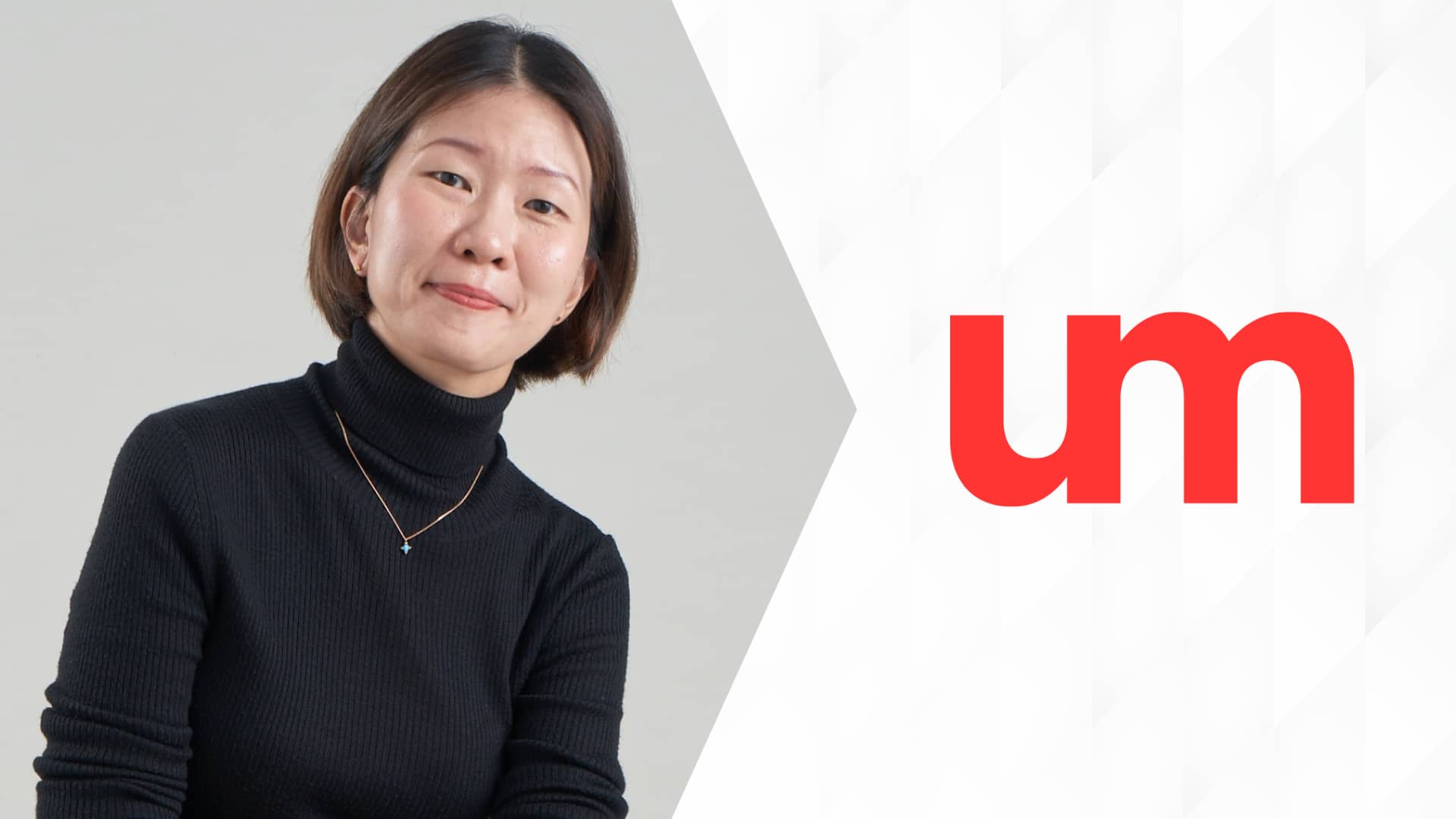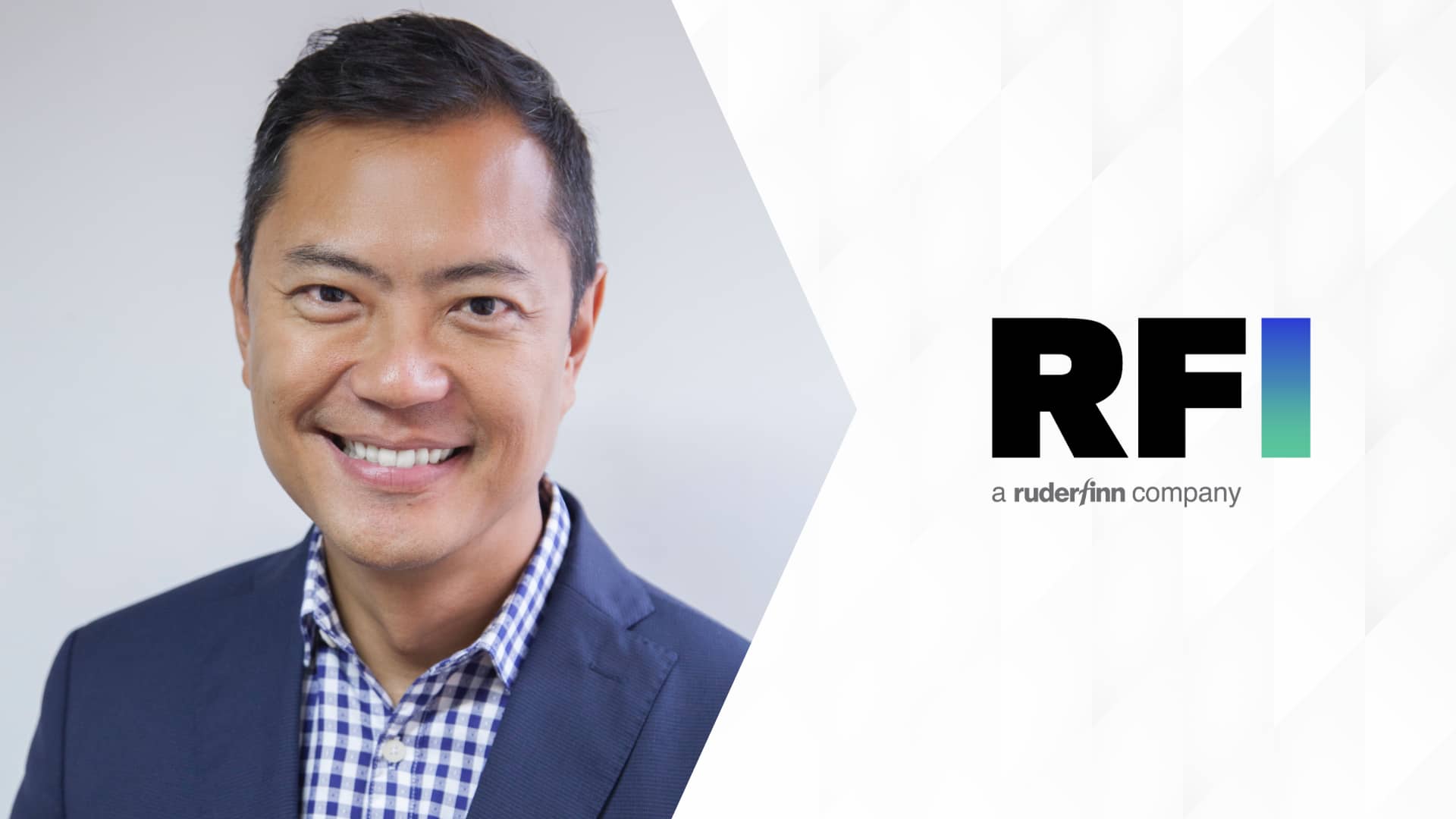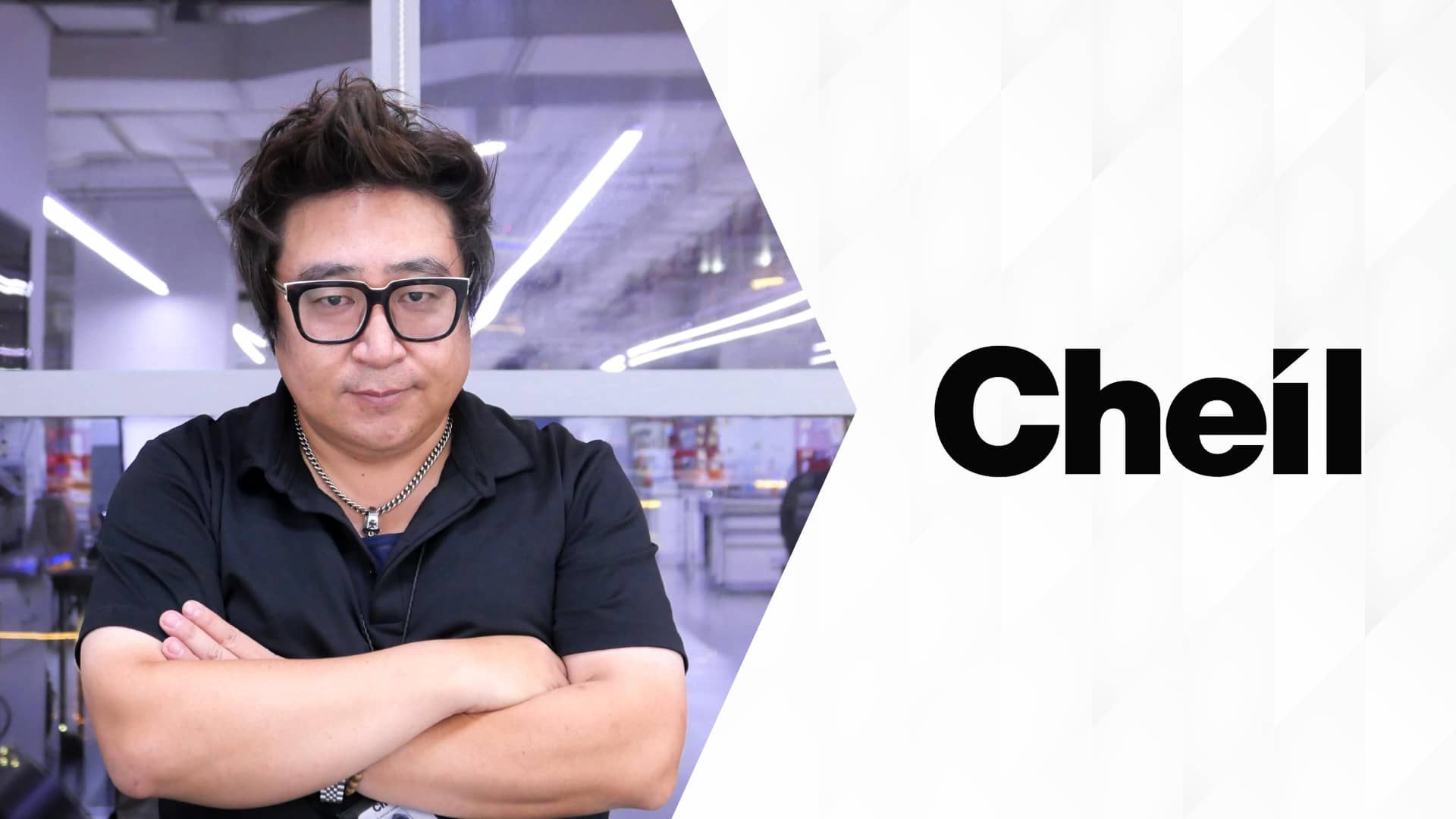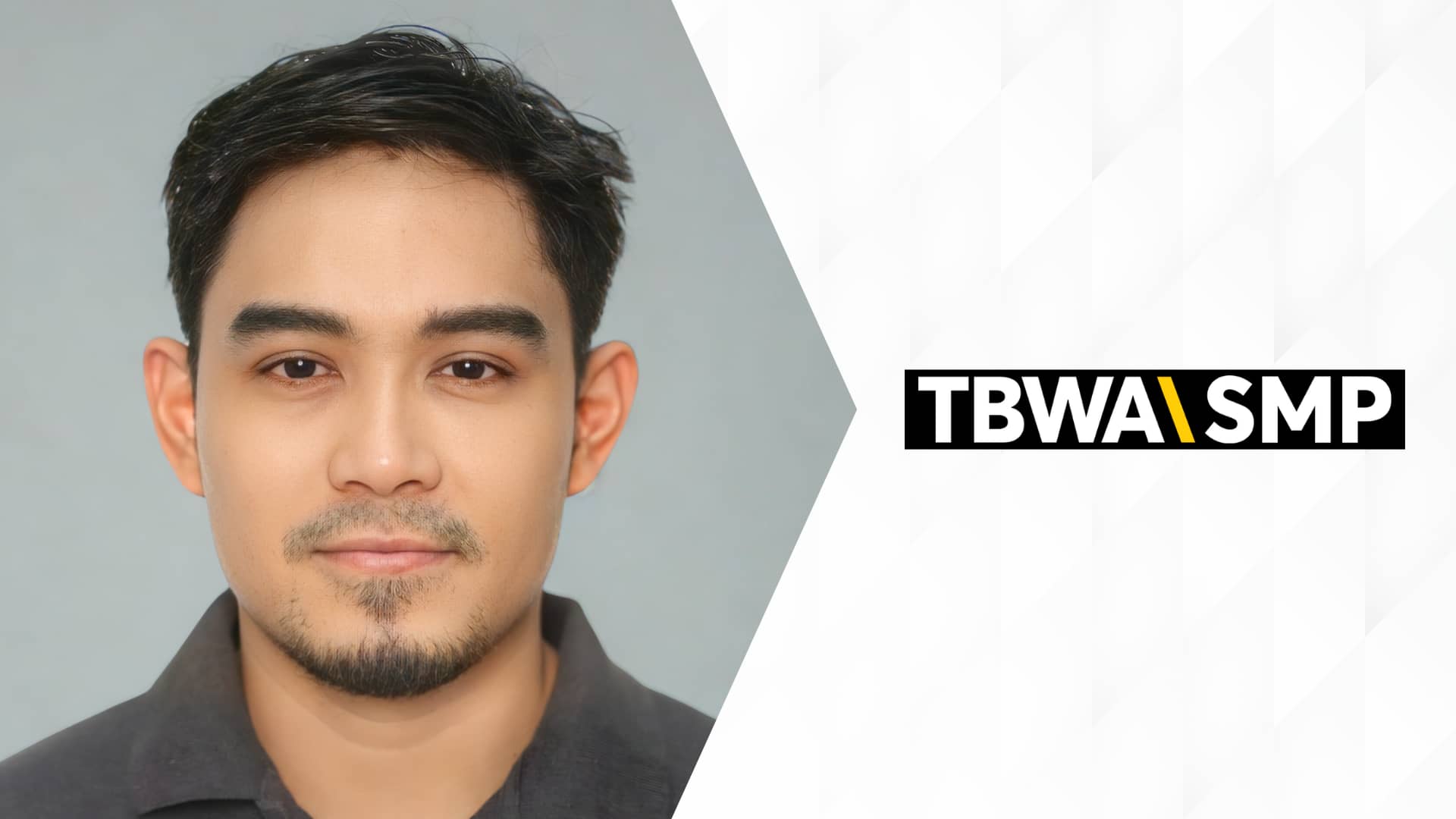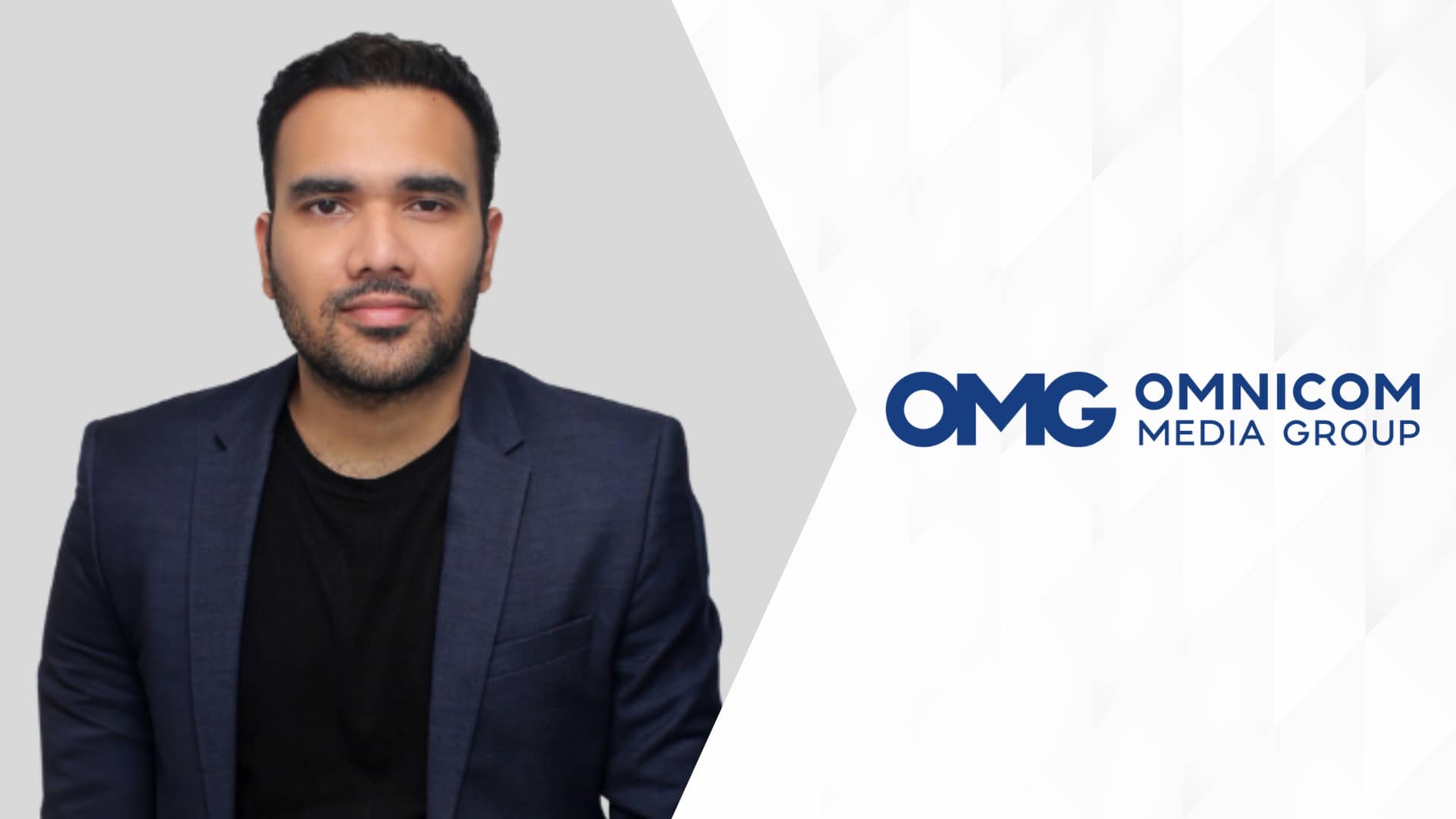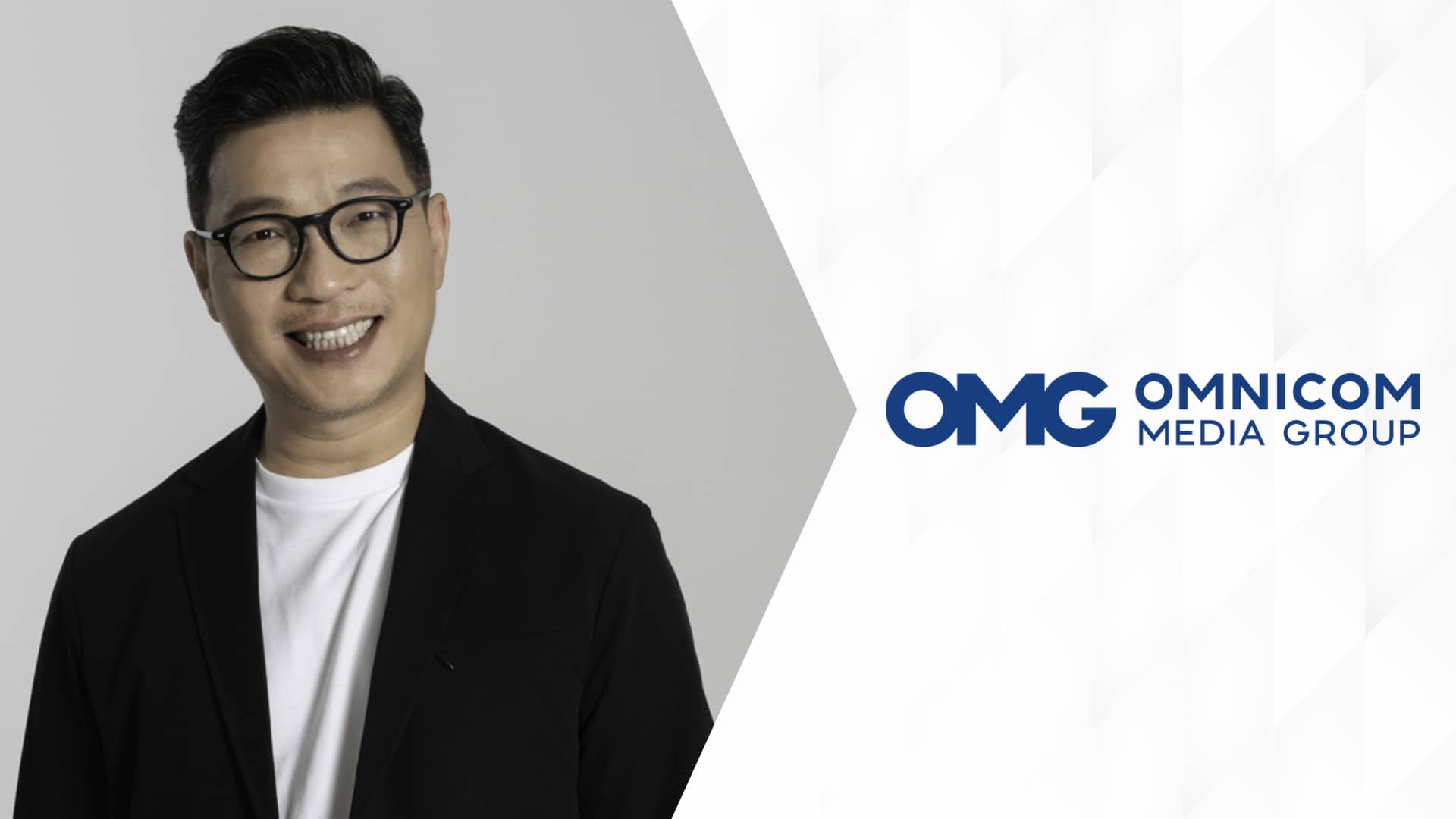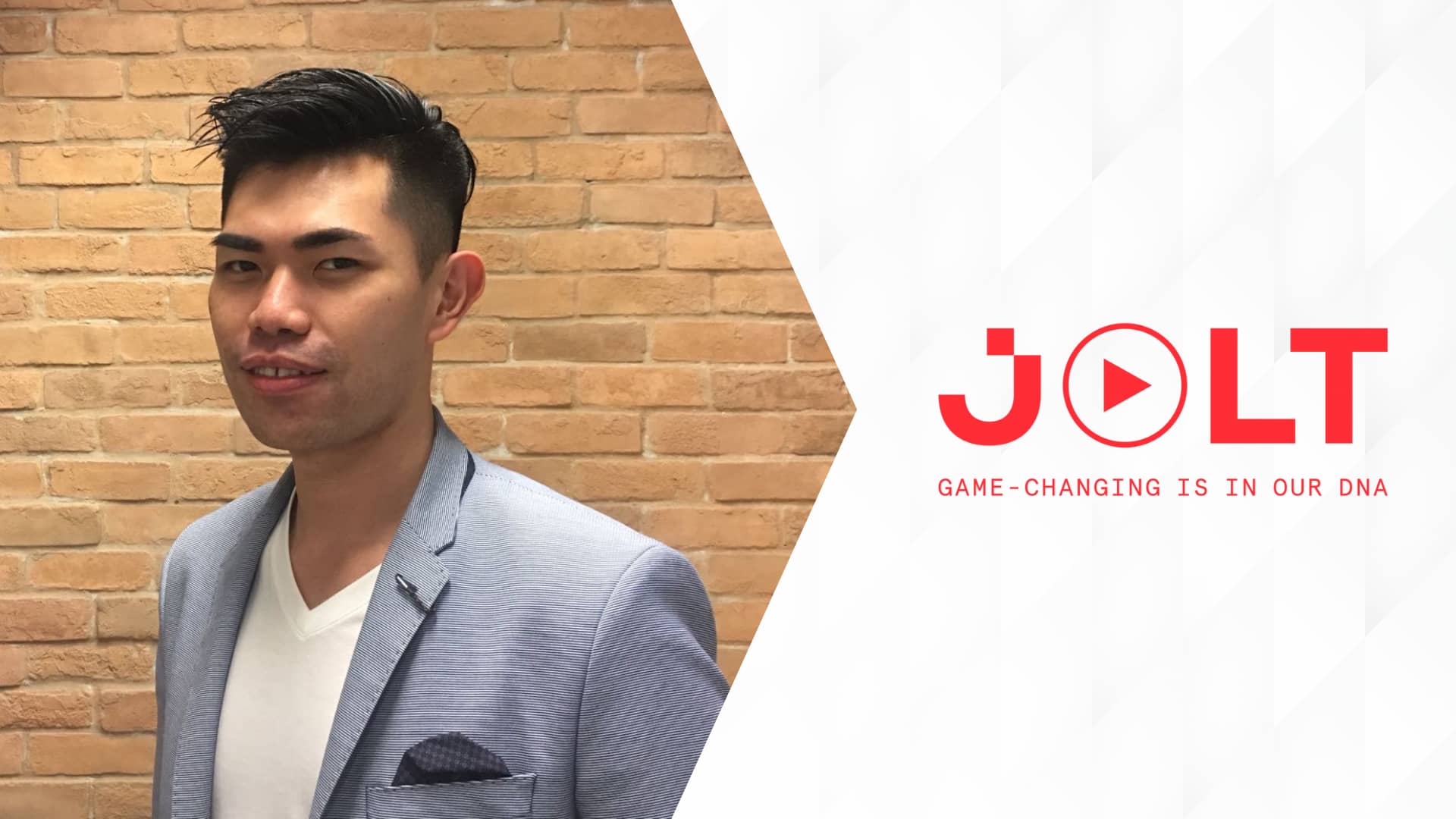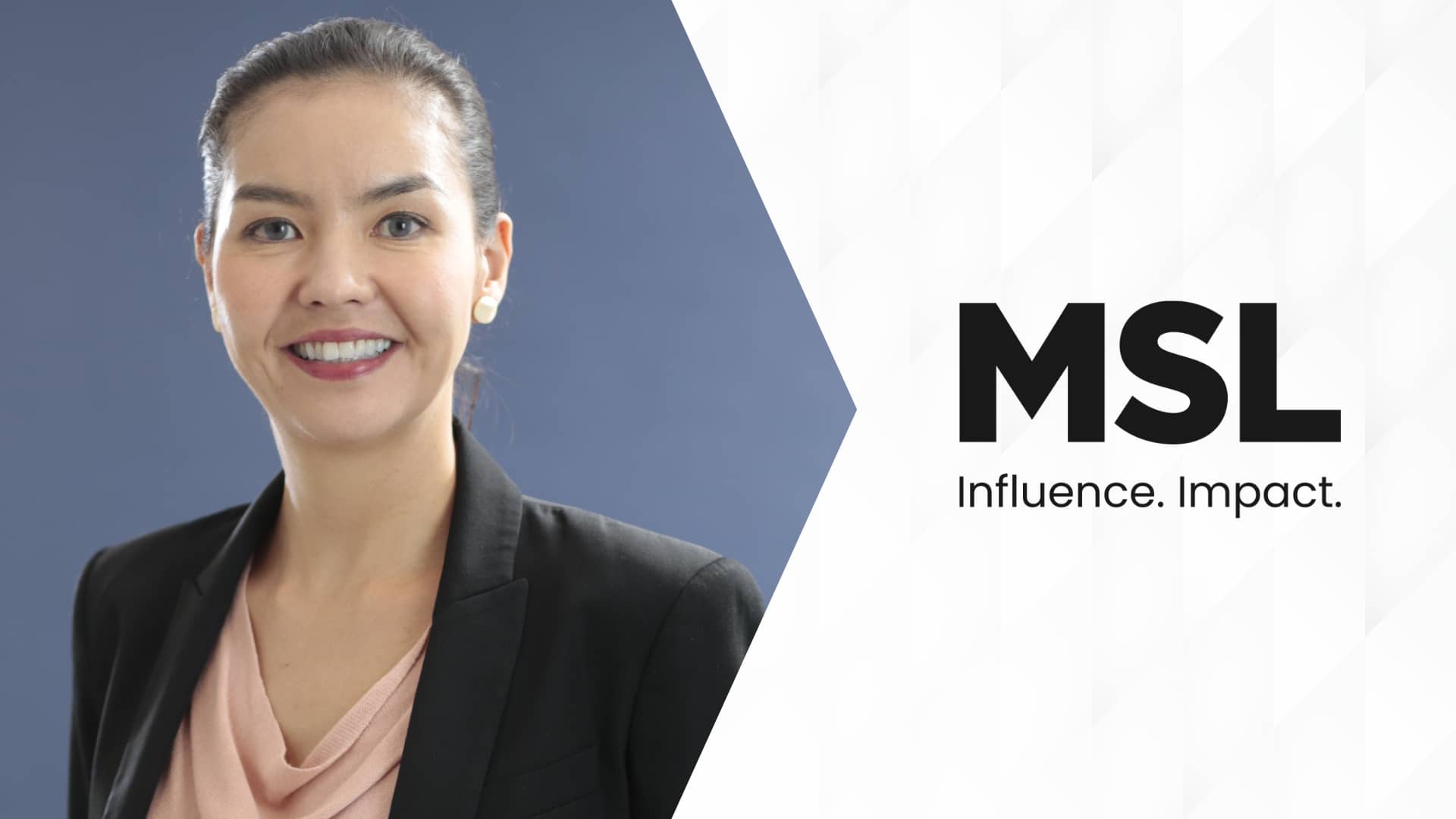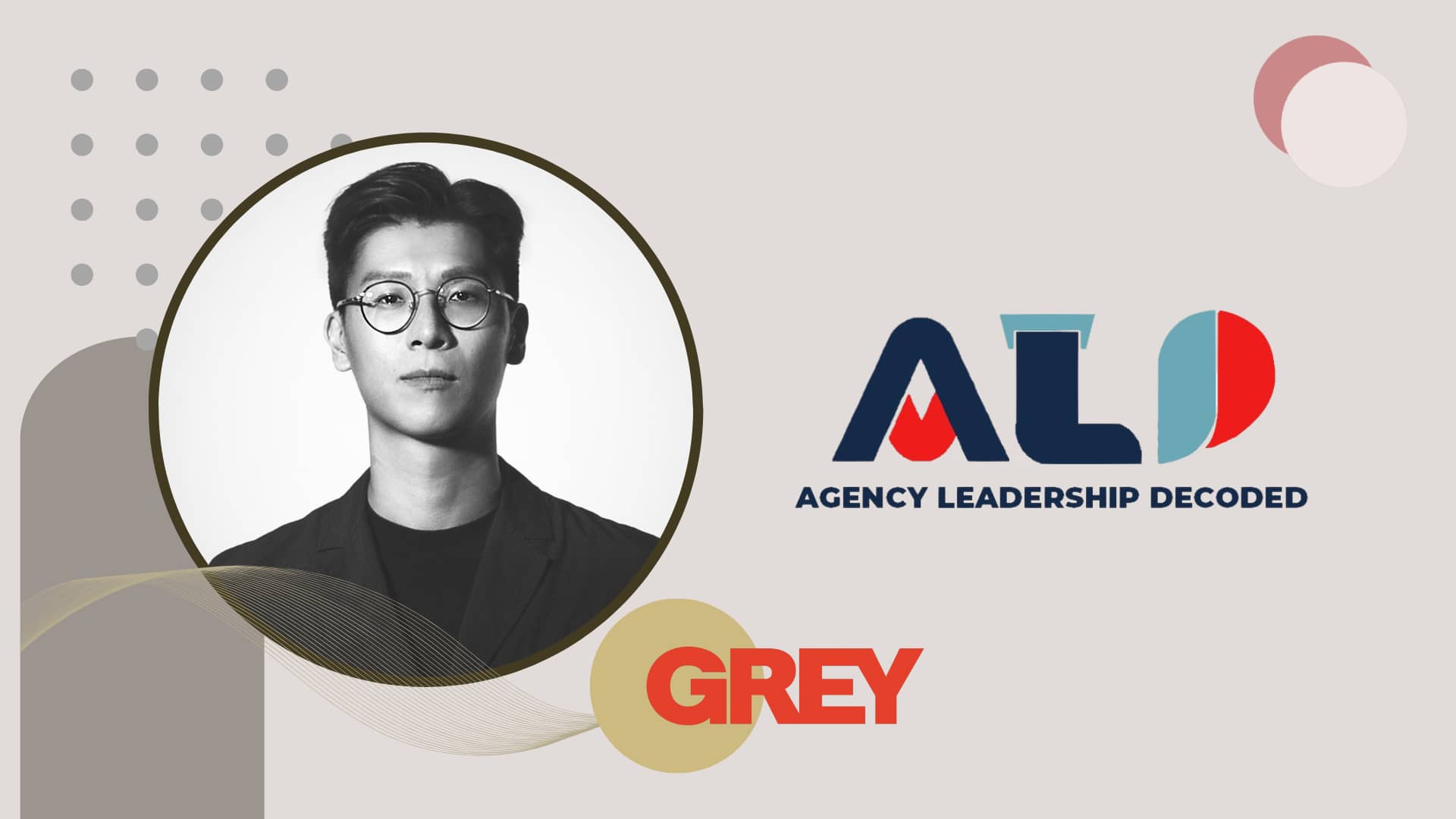In an industry flooded with noise, UM is that rare signal: clear, confident, and powered by what it calls its secret weapon—heart. Whether they’re launching bold ideas into new markets or helping legacy brands find fresh relevance, UM operates on a philosophy that’s as human as it is high-impact: breakthrough work begins with breakthrough people.
With roots deep in insight and eyes fixed firmly on innovation, UM crafts campaigns that don’t just reach people, but resonate. This is especially important when talking about in the Asia-Pacific context, including Malaysia–a region that thrives in the balance between cultural diversity and continued advancement in the digital economy.
For our latest Agency Leadership Decoded series, MARKETECH APAC recently spoke with Sue-Anne Lim, chief executive officer at UM Malaysia, to unpack the guiding philosophies, cultural shifts, and strategic milestones that have shaped UM’s next chapter—one that’s rewriting the rules of what it means to lead an agency in a post-pandemic, AI-charged world.
Leadership built on trust, seasons, and clarity
Lim’s approach to leadership isn’t just tactical—it’s deeply philosophical. She describes authenticity as the foundation of her leadership style, especially in high-pressure environments like media and advertising.
“In a high-pressured environment like ours, trust isn’t a luxury, it’s a necessity,” Lim shares. “Authentic relationships create safe spaces. And only in safe spaces can people make mistakes, learn, and grow. This creates the kind of culture that fuels personal accountability and team resilience.”
She further explains her guiding principle: the 4 Seasons. “I believe in what I call the ‘4 Seasons Principle,’ which gives people and challenges time to evolve. Every season brings about change—be it in dynamics, outlook, or energy. Leadership is about withstanding that cycle, giving space for growth and changes, and staying the course while aligning everyone to a shared ambition.”
But for Lim, strong leadership also requires strategic courage. “You will not please everyone, and that’s okay. What matters is clarity of purpose. If we are clear about who we are, what we value, and the business outcomes we want to drive, people will either align, or they’ll move on. That too is progress.”
Building a culture of heartworkers
At UM, cultural identity is more than an HR initiative—it’s the backbone of the agency’s success. Lim spearheaded the introduction of Heartworker as the agency’s cultural DNA. It’s a term that encapsulates more than effort—it signals intent, care, and commitment.
“We created ‘Heartworker’ as our identity. It’s not a label; it’s a standard,” she explains. “In this high-stakes, multi-stakeholder business, you don’t survive by talent alone. You survive because you care enough to go the extra mile—for the work, the client, and each other.”
In addition to cultural alignment, Lim places high value on personal connection. “I spend time with every team member to give and receive feedback,” she says. “To remind them that the best place to work is the one where you decide to make a difference.”
This people-first philosophy is paired with a strong sense of ambition. UM Malaysia’s internal rallying cry is Breakthrough—a vision for both clients and employees. “Whether it’s helping brands move beyond stagnation or enabling our people to achieve something life-changing that they couldn’t anywhere else,” Lim says, “we want UM to be the place where real progress happens.”
From trust-building to operational reinvention
Stepping into her role as CEO came with expected challenges—but Lim tackled them with empathy and intent. “The toughest part of stepping into a new leadership role is earning trust. This goes both ways. People don’t know your intent, and you don’t yet know their rhythm. Chemistry is not a given; it must be built.”
To address this, she met with everyone at every level of the agency. “I made it a priority to meet everyone—from our most junior staff to my right-hand team—so that we can co-author our way forward.”
One of her first moves was redefining UM’s identity with the Heartworker ethos, then aligning it to a modernized operating model. “We have the tools,” Lim notes, “we just needed to make sure we’re using them like a world-class kitchen, serving consistently excellent work.”
She also led a strategic reset to prepare UM for future growth. “This reset required us to detail where growth will come from in the next three years. We know the spaces to play in, and we have a gameplan to diversify our capabilities to match these new revenue streams.”
Real milestones, real progress
Under Lim’s leadership, UM Malaysia has achieved results that are both measurable and meaningful. In just six months, the agency reached a remarkable 87% conversion rate—a clear indicator of client trust and internal alignment.
“That’s a testament to client trust and team tenacity,” Lim emphasizes. “It’s not something we take for granted, and we know we must keep earning it every day.”
But growth at UM is also about legacy-building. One of the agency’s proudest accomplishments is the launch of PRISM, a proprietary media school created in-house. “It’s built on a dual philosophy: half old-school media discipline, half future-facing innovation,” she explains. “Run by seasoned media professionals and digital futurists, PRISM is our way of building talent for tomorrow, while respecting the fundamentals that still matter today.”
Redefining leadership in the age of disruption
Asked what advice she would offer the next generation of advertising leaders, Lim pulls no punches.
“Don’t say, ‘It’s just business.’ Because once you do, you’ve given yourself permission to disconnect from doing what is right,” she says. “Leadership isn’t about ego or authority, it’s about accountability. Be the one who stays back to fix the problem. Be the one who takes responsibility when it’s messy. That’s how trust is built. That’s how culture is shaped.”
Lim adds that agility, self-awareness, and hands-on problem-solving are no longer optional. “Advertising is not what it used to be. The pace of disruption is monthly, and the demands are shifting constantly. Future leaders must embody agility, embrace lifelong learning, and have the courage to do what is difficult.”
She leaves with a final call to action: “Be very focused on creating value. And when in trouble, roll up your sleeves. Nothing builds credibility more than leading by example.”
***
With its fearless embrace of culture, clarity, and care, Universal McCann Malaysia—under Sue-Anne Lim’s leadership—isn’t just responding to disruption. It’s defining what breakthrough looks like in the modern marketing era. And it’s doing so with heart, every step of the way.

